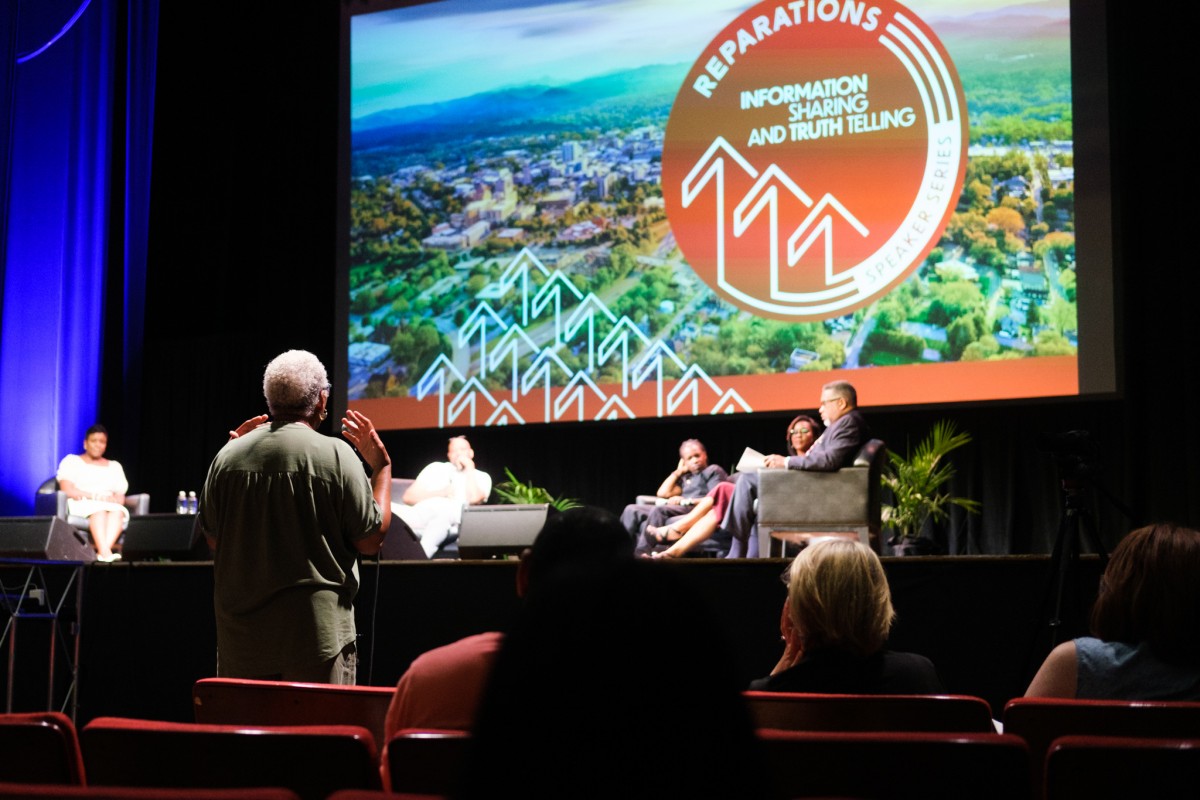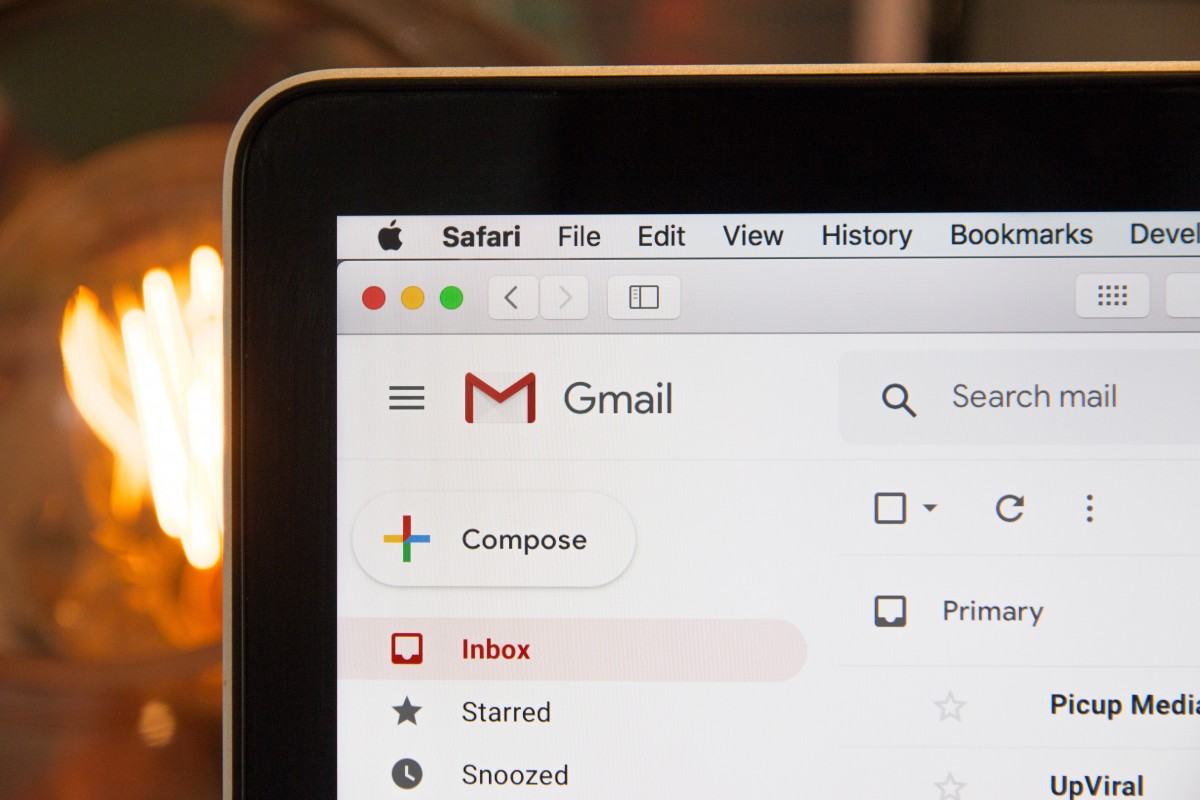Seven years before my dad was born and six years before my mom, the Stonewall Riot took place in New York City. My parents were two and three years old when Pres. Ronald Reagan’s press secretary laughed off the AIDS epidemic and referred to it as “the gay plague.”
Decades later, while they were living and working in Parkersburg, West Virginia, my parents had me. I am a proud social justice-seeking young woman, with a love for Jeopardy and Mexican food. Growing up as a member of underrepresented groups and with a passion for activism, my life has been shaped by the realities and politics of what it means to be queer in Appalachia and America.
I was seven years old when I first heard about gay marriage, when I was taught that it was wrong to be anything besides cisgender and heterosexual. California voters had approved Proposition 8, which amended their state Constitution to define marriage as being between one man and one woman.
I was 10 years old when the “Don’t Ask, Don’t Tell” policy in the military was repealed. I remember not even realizing that LGBTQ+ individuals were openly prohibited and discriminated against while serving in the military before this.
I was 11 years old when two transformative events took place: President Obama, then-Vice President Biden and the rest of the Democratic Party endorsed same sex marriage, and Tammy Baldwin became the first openly gay woman to be elected as a senator.
I was 13 years old when gay marriage was legalized in the United States, a seemingly impossible policy that changed in my lifetime.
I was 14 years old when the Pulse Nightclub shooting occurred.
I was 15 years old when Donald Trump took office and when I thought my world was coming to an end. Trump had publicly stated that he supported “traditional marriage” and chose a running mate who had a dark history of supporting conversion therapy and questioning federal funding for those with HIV/AIDS. I feared the Supreme Court case that made gay marrage legal in the U.S. could be overturned, that discrimination would run rampant.
I was 16 years old when Trump banned transgender individuals from being in the military and when I was diagnosed with clinical anxiety and depression.
I was 17 years old when I went to my first Pride Parade, when I came out for the first time to a teacher at a summer academic program and when a transgender woman took office as a member of the city council in a town 30 minutes from where I lived.
I was 18 years old when I came out to my peers and to my mom, but never my dad. I never knew how he would react because of his conservative political views.
Now at almost 20, I watch as legislators across the country debate my rights and the rights of other queer people like me. I watch Arkansas ban gender-affirming healthcare for transgender youth. I watch a bill banning transgender youth from playing on sports teams fly through the West Virginia Legislature, while the Fairness Act – a bill that would add sexual orientation and gender identity to the list of protected classes of people in the state – dies in committee.
For my entire life, I’ve watched minor victories for the LGBTQ+ community succumb to major setbacks all throughout Appalachia. I’ve seen those who were out in middle school be teased and taunted. I’ve had my heart broken by homophobic peers who truly believed that we are better off without queer individuals in our communities. I’ve watched those with sufficient funds flee to blue states. I’ve wondered if I have an equitable future here in my home state of West Virginia.
How old will I be when life, liberty and the pursuit of happiness is achievable for all queer people? Will I live to see a world where queer people around me do not have to fight to survive?
For now, I’m holding to the last threads of hope that things will change.
Olivia Dowler is a second-year undergraduate student at West Virginia University studying History and Spanish. She received the WVU Foundation Scholarship in 2020. After graduating, she aspires to get a JD and PhD in American History to eventually practice Human Rights Law and teach at the collegiate level.



